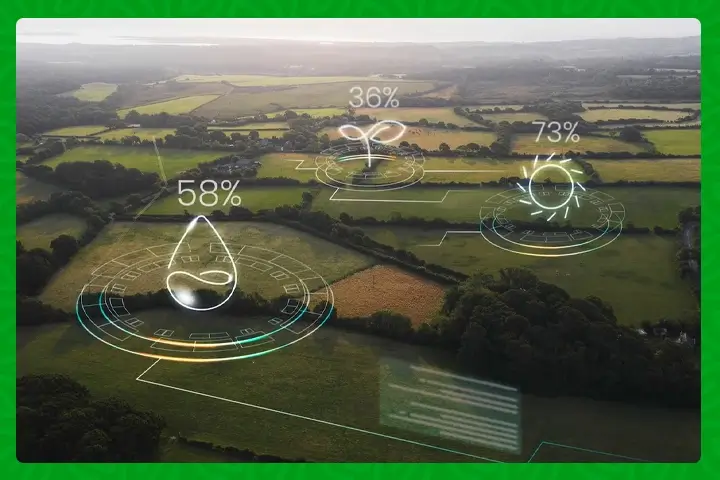
In a bold initiative to fortify the agricultural sector against the impacts of climate change, stakeholders have unveiled the Takunda program, a visionary undertaking aimed at implementing climate-smart resilient designs to empower farmers. Executed through the innovative Farmer Field Business School Model in collaboration with USAID and Care International, Takunda stands as a beacon of progress, embodying a market-based focus on food security, gender equality, nutrition, and household income.
Empowering Farming Communities Through Collaboration
At the heart of the Takunda program is the Farmer Field Business School Model, a transformative approach that fosters collaborative skills among farming communities. This model not only equips farmers with the tools to respond to climate change but also emphasizes the essential components of food security, gender equality, nutrition, and household income. By promoting equitable decision-making, the program seeks to create resilient communities capable of weathering the challenges posed by a changing climate.
Proven Success in Masvingo and Manicaland
The Takunda program has already left an indelible mark in the agricultural landscapes of Masvingo (Chivi and Zaka districts) and Manicaland (Mutare and Buhera districts). Successful implementation in these regions serves as a testament to the program’s efficacy in fostering sustainable, resilient, and equitable agricultural practices.
Government’s Commitment to Climate-Proof Agriculture
Addressing stakeholders at the Takunda policy dialogue, Agriculture ministry secretary Obert Jiri highlighted the government’s commitment to climate-smart agriculture resilience. With the recognition of unpredictable rainfall patterns, the government emphasizes climate-proofing at both the household level and through initiatives like the Pfumvudza program, ensuring a robust approach to guaranteeing food security.
Aim and Impact of Takunda
Takunda aims to promote sustainable, equitable, and resilient food, nutrition, and income practices. Directly impacting over 301,000 individuals and encompassing diverse population groups, the program addresses the critical need for climate-smart agriculture in Zimbabwe.
Gender Empowerment and Climate Resilience
Recognizing the vulnerability of women in the agricultural sector, Takunda places a strong emphasis on gender-specific challenges. Women, often responsible for household food security, are empowered through climate-resilient agricultural techniques. The program facilitates access to resources and opportunities, paving the way for diversified income streams and greater resilience.
Voices of Impact: Stories from Beneficiaries
Lizzie Mavhunga, a farmer empowered by the Takunda program, shared her transformative journey. “Takunda helped my community understand water conservation and soil fertility. Now, we can afford food and meet our basic needs without the burden of expensive maize purchases,” she said. Another beneficiary, Wickrafu Mapfumo, echoed the positive impact, expressing, “Before the program, I struggled to feed my family. Now, with the education provided, I can feed my family and have built a four-roomed house, bringing positive change to our lives.”
As Takunda continues to sow the seeds of sustainable agriculture resilience, it emerges as a beacon of hope for farming communities, heralding a future where climate-smart practices empower individuals and entire regions to thrive in the face of environmental challenges.
Source: Newsday written by ROPAFADZO MAKOSI
Stay updated with the latest farming tips and agriculture industry news from Africa by subscribing to our newsletter. Don’t miss out on valuable insights and updates. Follow us on Twitter, LinkedIn, and Facebook to join our farming community and stay connected with us.



















